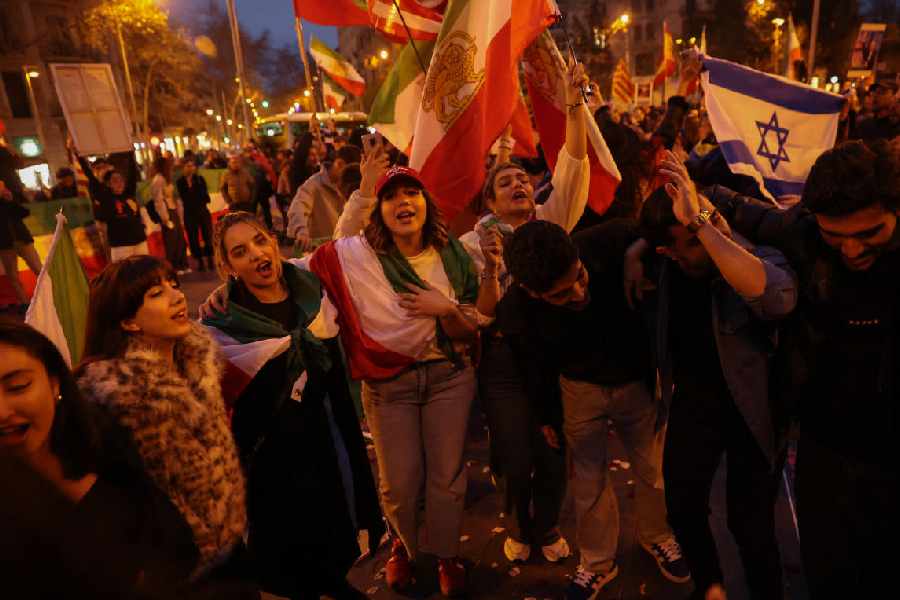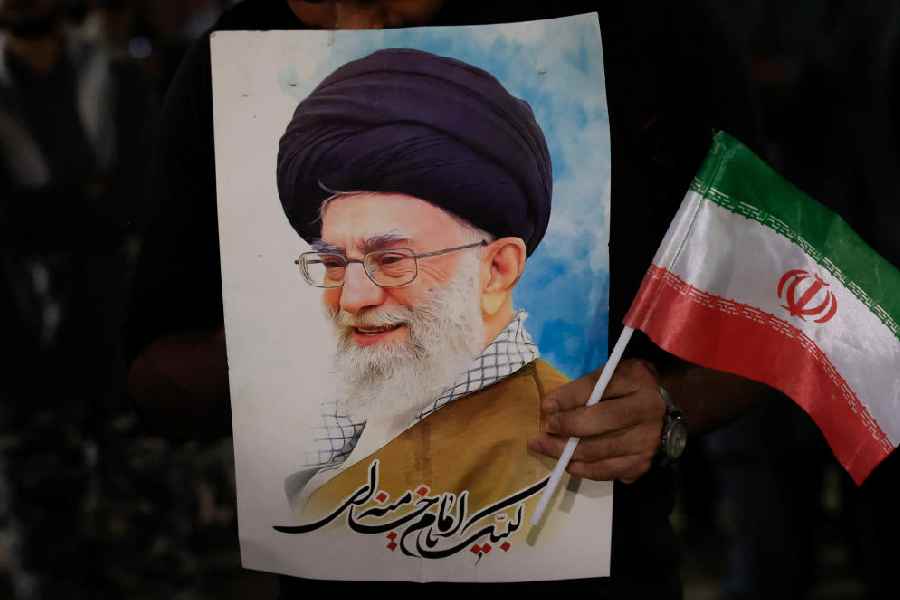A Muslim woman is entitled to only one-eighth of the unwilled property left behind by her dead husband — one-fourth if the couple were childless — the Supreme Court has ruled on the basis of Muslim personal law.
Passing the judgment, the bench of Justice Sanjay Karol and Justice Prashant Kumar Mishra rejected an appeal moved by a widow, Zoharbee, against the concurrent findings of a district court and Bombay High Court.
Both courts had ruled that Zoharbee was entitled to only one-fourth of the (intestate) property left behind by her husband, Chand Khan.
Zoharbee was fighting the case against her husband’s brother Imam Khan. She had argued that since Chand had died issueless, she was entitled to three-fourths of his property under Muslim inheritance law, with the remaining one-fourth going to Imam.
Justice Karol, who authored the judgment, said that under Muslim personal law, movable and immovable property left behind by a deceased person (called Matruka property) has to be shared solely under the prescribed procedures of inheritance.
He said the will was the first document to be satisfied, subject to the limits imposed by Muslim law. That is, not more than one-third of the estate can be willed in favour of an heir without the consent of the other prescribed heirs.
Whatever remains thereafter is to be distributed under the rules of intestate succession, as prescribed in Muslim law.
Under Muslim law, the court explained, the first thing to be done with the property of a deceased person is to pay for their death expenses, debts and legacies.
This is followed by allotments to first-preference relatives (sharers) who are each entitled to a prescribed share. If any part of the estate still remains, it’s divided among residuaries (second-preference relatives).
If there are no sharers, the residuaries receive the full inheritance. If there are neither sharers nor residuaries, “distant kindred” (third and last preference) are entitled to shares of the property.
“A perusal of the above extracted principles of Muslim law of inheritance depicts that the sharers are entitled to a prescribed share of the inheritance and wife being a sharer is entitled to 1/8th the share but where there is no child or child of a son how low so ever, the share to which the wife is entitled is 1/4th,” the judgment said.
The apex court, however, rejected the arguments of Imam and his legal heirs that since there was an “agreement for sale” for a part of the property, it had to be excluded from the ambit of the partition. The bench clarified that an “agreement for sale” did not confer any vested rights unless and until the property had been sold through a registered “sale deed”.











